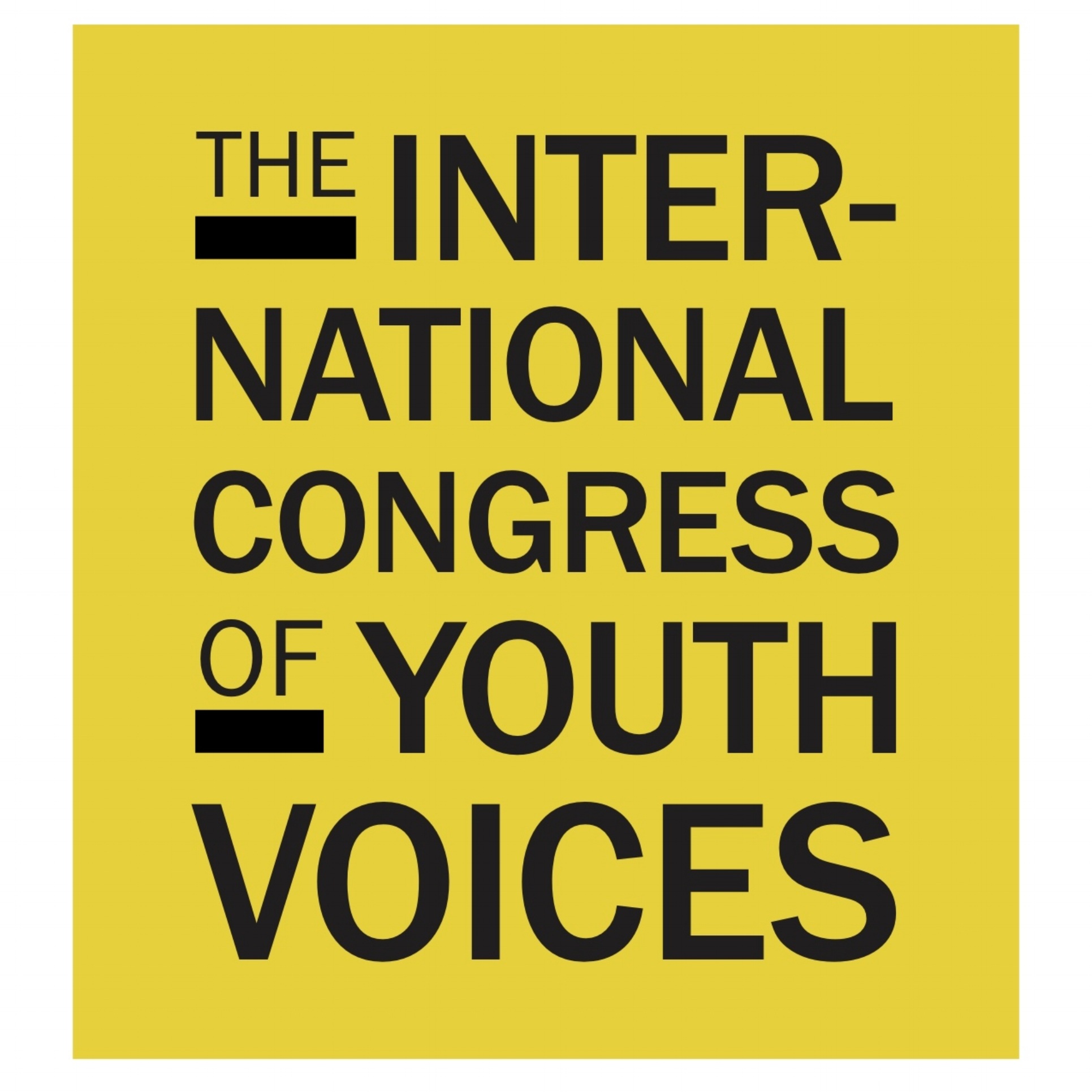JUDICA’ELLE IRAKOZE, 24
Judicaelle Irakoze is a Burundian social entrepreneur and published author. She is a feminist writer and contributor at African Feminisms, a collaborative digital writing project of bring African feminist voices together. Her writing has also been published in A Season for Building Houses and the Portland Press Herald. Irakoze is passionate about articulating the lived experiences of youth across social inequalities. She is a community organizer, focused on racial and gender equity.
Irakoze was named a G20 Young Global Changer at the Global Solutions Initiative, and presented her work as part of the workshops in Berlin, Germany. She is the founder and Executive Director at Choose Yourself, a nonprofit building a world where gender equity reigns by ensuring young women have access to economic and social power. Irakoze is the recipient of You Inspire Us Award, alongside Representative Ilhan Omar, an initiative launched by the Women's Peacepower Foundation.
Dear Susan Collins,
by Judica’elle Irakoze
originally published in the Portland Press Herald
Maine is where I learned what it means to be black, African, immigrant, a woman. Living in one of the least diverse states, I also learned what it meant to be ignored and underrepresented. The black community is mostly made of vulnerable immigrants from across Africa. As Africans, we don’t get to access to a lot of spaces, so we rely on people in power, like Senator Susan Collins, to advocate for us.
Watching Brett Kavanaugh’s confirmation hearing weeks ago, I found a hero in professor Christine Blasey Ford. A white, privileged woman embraced her power and confronted her assault. Women from all backgrounds rallied behind her, and found empowerment from her story.
But what happened? White men in power rallied against her. She fell victim to the patriarchy, a system where men hold power and women are excluded. Patriarchy feeds on women like Sen. Collins who, even knowing we still have a long way to guarantee women’s safety, still chose to protect abusers.
#MeToo, a movement started by a black woman in 2006, started trending last year because a privileged white woman rallied behind it. It is always about the privileged, using their privileges to pave a way for needed conversations and required change. The privileged need to care and take action.
As a black woman, I once again felt denied the right to exist through Sen. Collins’ decision. If a woman like Dr. Ford, with all her privileges, was treated that way, what about underrepresented women from Maine whose stories many will never hear?
I hate that we have to constantly remind white women how they are gatekeepers of patriarchy. And as a Mainer, I hate that by siding with Kavanaugh, Sen. Collins reminded me that I am on my own even if the patriarchy kills me.

